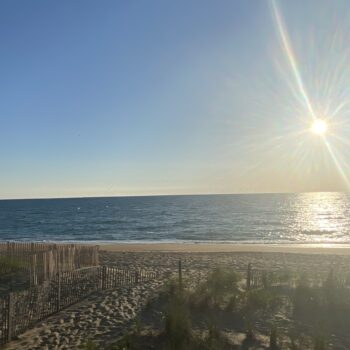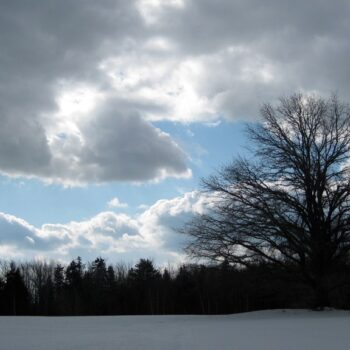
The VUCA-Plus Challenge of COVID-Related Expertise: Dancing on a Moving and Warped Plane
Researchers, such as Miller and Page (2007), who study complex systems use the metaphor of landscape to distinguish a complex challenge from other types of simpler challenges being faced in various systems, including organizations. They point to the image of a single, dominant mountain peak when describing one type of landscape. Often volcanic in origin, these imposing mountains are clearly the highest point within sight. For those living in or visiting the Western United States, we can point to Mt. Rainer (in western Washington) or Mt. Shasta (in northern California). Mt. Fuji in Japan also exemplifies this type of landscape. You know when you have reached the highest point in the region and there is no doubt regarding the prominence of this peak. Similarly, in the case of puzzles, we know when a satisfactory solution has been identified. We can stand triumphantly at the top of the mountain/puzzle, knowing that we have succeeded.
Furthermore, we can look back down to the path followed in reaching the solution/peak. We can record this path and know that it can be followed again in the future when, once again, we need to reach this peak or solve this puzzle. We have gone to the supermarket at the best time—when there are few other shoppers. The new protective masks arrive at our front door. Our staff members have set up partitions between desks at the office.
Problems
I have labeled the second type of issue that we face during the era of COVID-19 as a Problem. Problems can be differentiated from puzzles because there are multiple perspectives that can be applied when analyzing a problem. Several possible solutions are associated with any one problem and multiple criteria are applied to the evaluation of the potential effectiveness of any one solution. There are many more cognitive demands being placed on us when we confront problems than when we confront puzzles—given that problems do not have simple or single solutions.
Problems are multi-dimensional and inter-disciplinary in nature. They are inevitably complicated in that they involve many elements. Any one problem can be viewed from many different points of view that are each creditable; thus, it is unclear when a problem has been successfully resolved. We face the cognitive and emotional challenge of acknowledging multiple realities and solutions. For example, because of the virus, our community closes unessential businesses, but we find that this devastates our economy. At a more personal level, we want our son to find a way to see his special girlfriend. Yet, we know that this risks his health and the health of other family members given the invasion of COVID-19. At an even more profound and wrenching level, we want to bring our aging parent to our home and away from their senior living facility (which is threatened with virus). We know, however, that this will jeopardize the health of other family members.
Because the outcome of the problem-solution process itself is of significant interest to many people, often the most important and difficult discussions revolve around agreeing on the criteria for solving a problem. At the level of public policy, the discussions revolve around reducing the number of deaths and keeping the economy from total collapse. How will we know if we have been successful in combating the virus if we don’t even know what “success” would mean: “lives or livelihoods”? At the personal level we must ask questions that are impossible to answer: whose feelings and whose life is most important in this family? We can’t even evaluate if the solutions are successful. We will continue to be plagued by the unanswerable question: Did we do the right thing?”
Miller and Page (2007) describe the settings in which what I call problems tend to emerge as “rugged landscapes.” This type of landscape is filled with many mountains of about the same height. Think of the majestic mountain range called the Grand Tetons or the front range of the Rocky Mountains that citizens of Denver Colorado see every day. Compare this with a landscape in which one mountain peak dominates. In a rugged landscape that is complicated, one finds many competing viewpoints about which mountain is higher or which vista is more beautiful. A similar case can be made regarding the challenging problems that must be engaged by all of us individually and collectively during the pandemic invasion.
- Posted by William Bergquist
- On October 19, 2021
- 0 Comment


Leave Reply